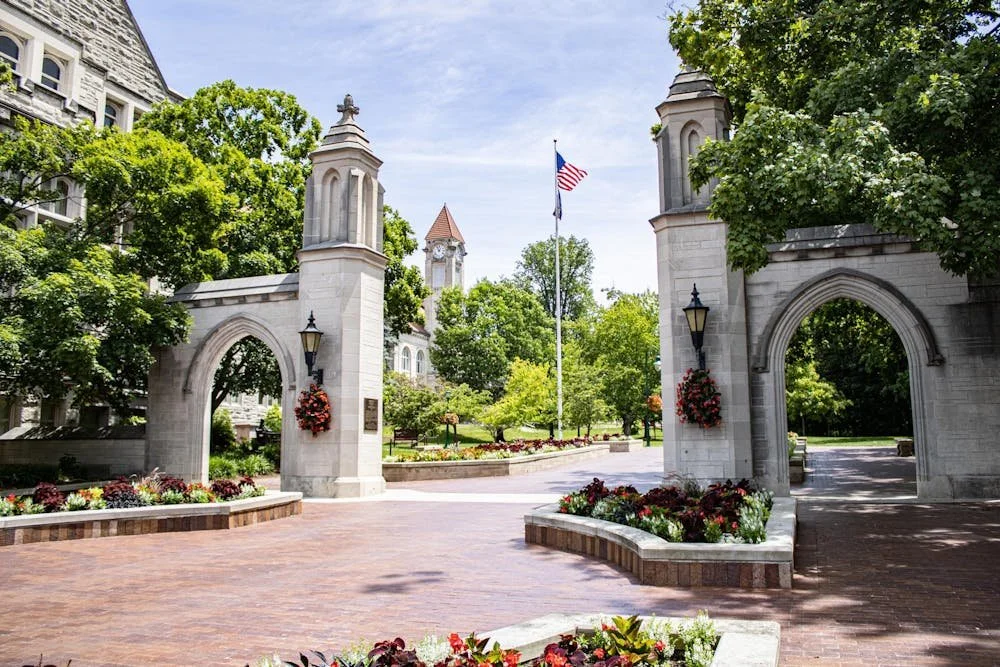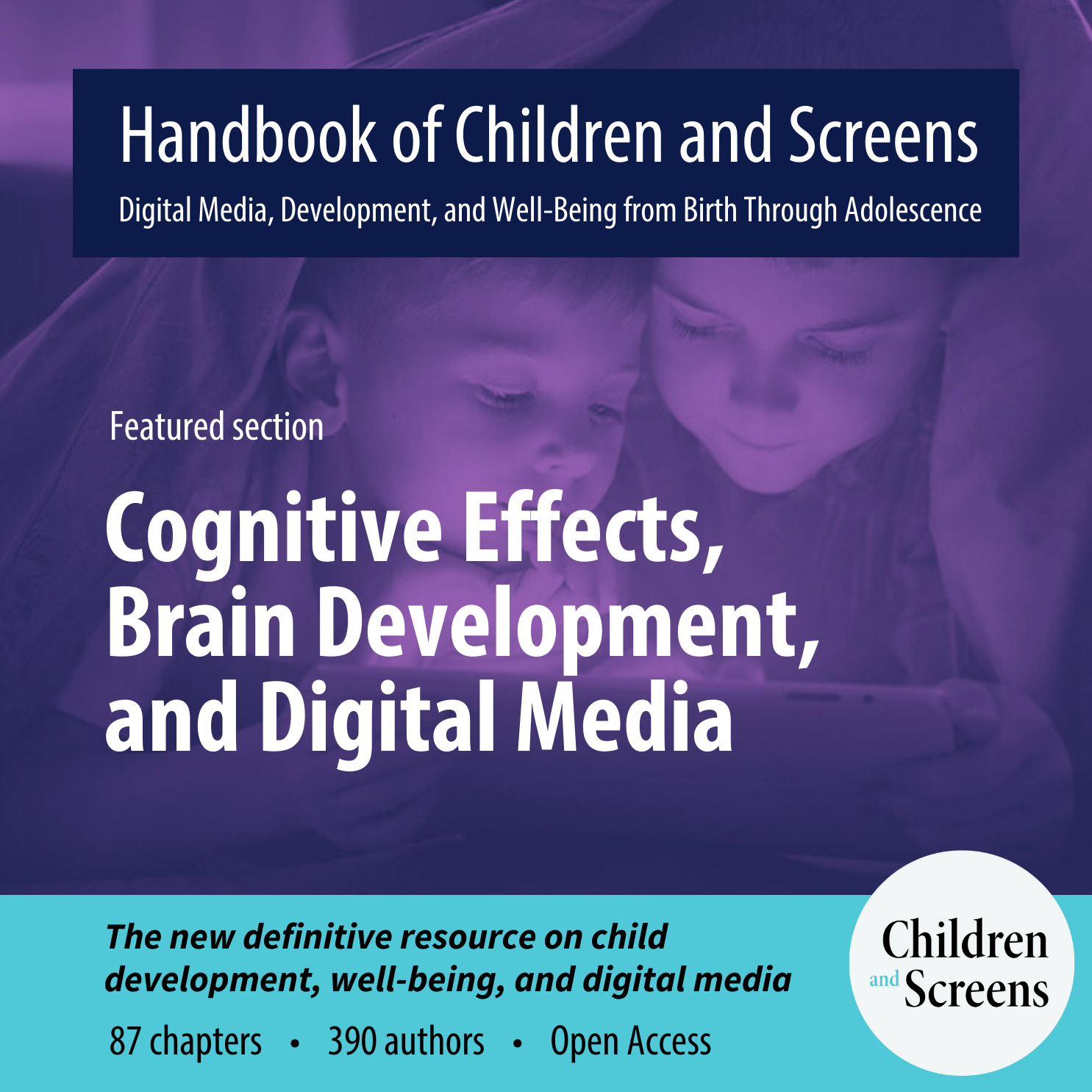Dr. Laura Marciano, PhD
Laura Marciano is a tenure-track Assistant Professor at the Media School, Indiana University Bloomington, USA, and an associate of the Digital Wellness Lab at Boston Children’s Hospital. She still collaborates at the Harvard Chan T.H. School of Public Health, Department of Social and Behavioral Science, Boston, USA.
Dr. Marciano spent almost four years as a Postdoc and Research Associate at the Harvard Chan T.H. School of Public Health (Boston, MA, USA), Department of Social and Behavioral Science, Lee Kum Sheung Center for Health and Happiness.
She is the Principal Investigator of research projects on digital media and well-being. In particular, the HappyB project has been funded by the Swiss National Science Foundation (SNSF, Switzerland) and HappyB2.0 by the National Institute of Health (NIH, USA). The projects aim to study the longitudinal link between smartphone use, social media, and teen well-being, using cutting-edge research methods such as trace data, Ecological Momentary Assessments (EMAs), screenshot donation, and digital biomarkers.
Also, she is co-PI on the multi—sites Health&Happiness project involving smartphones and wearables (smartwatches) to study well-being.
She obtained her PhD in Health Communication (Summa cum Laude) at USI Università della Svizzera Italiana, Lugano (Switzerland), with a dissertation focused on digital media (problematic or addictive) use and personality. Her doctoral work received the Award for best doctoral thesis in Social sciences from the Italian Embassy in Bern. Previously, she studied Psychology and Cognitive Neuroscience at Vita-Salute San Raffaele University in Milan (Italy), where she graduated with Laude and Menzione ad Honorem.
Dr. Marciano also promotes science dissemination activities as a Board member of the IBSA Foundation for scientific research, based in Lugano, Switzerland. She authored the book “Smartphone: Ally or enemy?” as part of the Let’s science collection.
Other science communication activities include the SNSF-funded Happiness2.0 project, which aims to translate the results of the HappyB study into practical activities and events combining arts and science. Public speaking engagements included, among others, the World Happiness Summit (WOHASU). Her research has been highlighted in the New York Times.
RESEARCH PROJECTS

Subtitle
The science of youth well-being in the digital era: an intensive longitudinal study
Aim:
HappyB aims to explore the longitudinal links between social media and smartphone use and adolescents’ hedonic and eudaimonic well-being.
Location:
USI Università della Svizzera italiana, Lugano, Switzerland and Harvard T.H. Chan School of Public Health, Boston, USA
Participants:
About 1600 adolescents living in Ticino, Italian-speaking Switzerland.
Design of the study:
Longitudinal, Survey, Ecological Momentary Assessments, Trace data, Screenshots
Duration:
2 years (2022-2023)
Funding:
Swiss National Science Foundation (SNSF), Switzerland

Subtitle:
The role of online/offline social relationships in adolescents’ happiness
Aim:
HappyB2.0 aims to investigate how online and offline social relationships predict adolescents’ happiness and loneliness. The study also tests a digital biomarker of stress.
Location:
Harvard T.H. Chan School of Public Health, Boston, USA & Boston Children’s Hospital, Boston, USA
Participants:
>500 US teens
Design of the study:
Ecological Momentary Assessments, Trace data, Screenshots, Digital biomarker
Duration:
2 years (2024-2025)
Funding:
National Institutes of Child Health and Human Development (NICHD), USA

Subtitle:
Social media use and well-being in adolescence
Aim:
Happiness2.0 Lab includes a series of communication activities (HappyLab, HappyApero, and HappyTable) designed for adolescents, aiming at translating scientific results into practice, through the combination of science and arts.
Location:
IBSA Foundation for scientific research and USI Università della Svizzera italiana, Lugano, Switzerland
Participants:
About 400 high school students living in Ticino, Italian-speaking Switzerland, parents, and stakeholders.
Design of the study:
Science communication, laboratories, arts and science
Estimated duration:
1 year (2024-2025)
Funding:
Swiss National Science Foundation (SNSF), Switzerland
IBSA Foundation for Scientific Research, Lugano, Switzerland

Subtitle:
A groundbreaking study exploring daily wellbeing through continuous data collection via smartphones and wearable (Garmin) devices.
Aim:
This study aims to collect survey data on everyday emotional experiences from a large sample population, matched with passive data collected from smartphones and smartwatches, to shed light on the dynamics and determinants of wellbeing in daily life.
Location:
The study will be initiated in Switzerland, with data collection spanning across multiple regions in North America and Europe.
Participants:
The study will involve over 10,000 individuals from North America and Europe, who will contribute daily well-being data through their smartphones and Garmin smartwatches.
Design of the study:
Science communication, laboratories, arts and science
Estimated duration:
Ongoing
Partners:
Garmin, Avicenna, WOHASU
News














